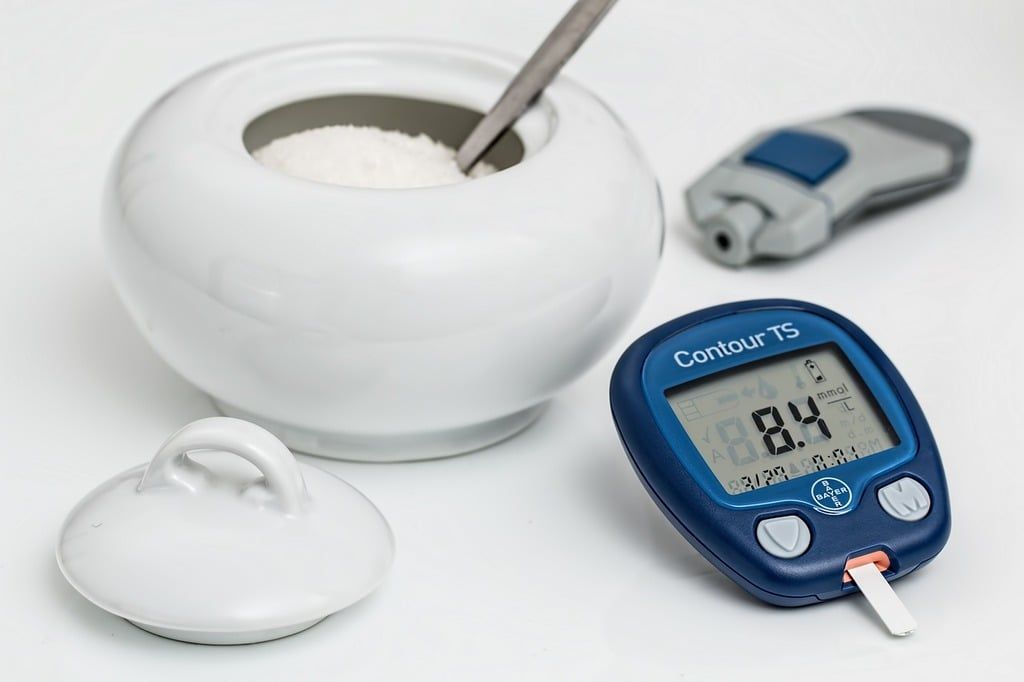
Sugar Coated Misery: Lesser Known Side Effects of Type 2 Diabetes
- Nov 1, 2025
Just when you thought the worst diabetes consequences were kidney disorders and diminishing vision, let's introduce you to diabetes' equally cumbersome party tricks, starring bad breath and hair loss. In the world of type 2 diabetes, your body dons the anti-insulin cape, shooting your blood sugar off the chart. You might think of diet modification, blood sugar control, and medication as your friendly neighborhood trio to mellow down this rowdy party. Still, unchecked sweet revenge of glucose can unleash an array of complications from mere annoyances to thoroughly incapacitating conditions. So brace yourselves; we are zooming into their hideouts and unearthing the signs that your diabetes management blueprint needs a revamp.
Tag, you're it! Whether they are dangling on your eyelids, lurking on your neck, or playing hide and seek in your armpits or groin, skin tags are not a pretty sight. Their sudden proliferation could mean your insulin function is on the blink, which is like sending a bat signal for type 2 diabetes. Seeing these harmless visitors off isn't necessary unless they're a pain, literally and figuratively. However, sprouting new skin tags could be a distress signal. Is it time to reassess your blood sugar control strategy?
Turning to a stinky side of diabetes- did you know it could alter your breath, making you the least desirable company? Extra sugar frolicking in your saliva has a love affair with bacteria, risking gum disease. This romance doesn't end well for your breath, persisting despite your diligent dental hygiene. Meanwhile, scented breath can hint at a life-threatening condition called DKA, where a sugar-rush gives birth to dangerous ketones in your bloodstream. If your head feels heavy, or if there's abhorable confusion or an alarming trouble breathing, immediately seek medical attention.
A peculiar twist on sugar's tale is bizarre sweating. Picture this: Mouth on fire after munching jalapenos? Understandable. Profuse sweating after every meal? Not so much. Meet gustatory sweating, a quirk of type 2 diabetes resulting from high blood sugar ruffling up your sweat-controlling nerves. Forget the regular, topical antiperspirants; this situation calls for treatments like Botox or, in extreme cases, surgery.
Sugar's revenge doesn't end here. Its sweet allure can breed yeast, trigger increases in infections, transform your hand into a living numb-and-tingling sensation, push quick-multiplying hair into hibernation, and make males' sexual life a hard pill to swallow.
We have chronically elevated sugar levels messing with brain functionality, resulting in brain fog. Struggling to focus? Forgetting names? It could be your blood sugar raining on your brain's parade. Not to forget the aftermath: increased dementia risk. The plan of action arising from such brainy struggle includes keeping blood sugar levels reigned in, adhering to a healthy diet, exercising, and maintaining a healthy weight.
Coming back to the skin, an unwelcome effect of diabetes is itchy skin. Sugar’s sweet revenge takes the form of disrupted circulation, leading to changes such as dryness and scaling. Experiencing this? Dial down your shower-time and invest in a good moisturizer.
In conclusion, lesser-known indicators like bad breath, gustatory sweating, and itchiness may be the effect of blood sugar going on a rampage, with type 2 diabetes taking the center stage. Though complications like itchiness and hair loss might not sound critical, viewing them in conversation with your doctor can help optimize your blood sugar management strategy.






